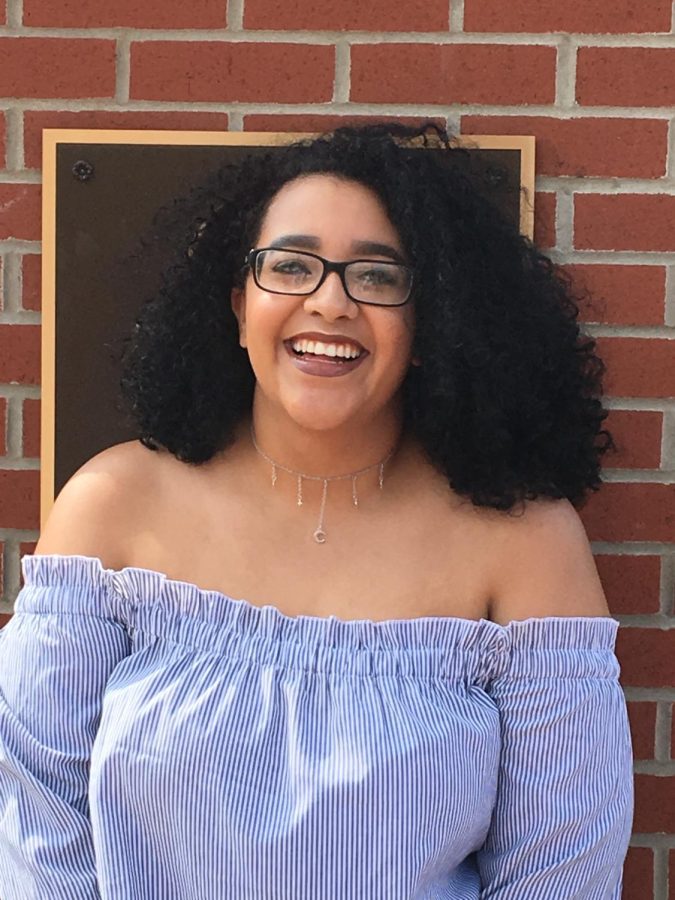OPINION: Medicating mental illness is only half the battle
September 15, 2018
I was 14 when I was first diagnosed with depression and a generalized anxiety disorder.
I had panic attack in my Spanish class, cried in the office for an hour and a half and took one of those surveys where you circle numbers that correspond with how you feel. The “average” was 20. I scored a 46.
My guidance counselor called my mom that day to tell her what happened and to explain my options, sending me home with a list of local therapists and counselors.
Two weeks later, I had my first appointment with a therapist who said all of my problems were because I “lacked a father figure.” The next therapist was the stereotypical “and how does that make you feel?” therapist. (The answer was always simple: horrible.)
The therapist after that was better, but at that point, crying for 45 minutes to a stranger about how much I hated life wasn’t really doing me any good.
I tried the “lifestyle” changes: working out, doing things I enjoyed, all that. Nothing was helping. I decided to see what my other options were with my doctor. She and I decided that medication might be a better route for me.
I went through about a year of trial-and-error with two different medications, neither of which seemed to truly help. Eventually, I decided, since they weren’t doing much, I could do it on my own. So, I stopped taking them.
For a while, I was fine without medication. I actually spent my senior year of high school without it, and apart from a few instances, my freshman year of college. I was doing OK.
The fall of my sophomore year is when things got bad again. I couldn’t focus or sleep. I didn’t want to get out of bed or talk to anyone. I was having anywhere from five to six panic attacks a week, and sometimes more than one a day. I couldn’t even make phone calls for my reporting class because it made me feel like I was going to pass out.
After one particularly bad panic attack, my roommate encouraged me to go to the health center. There, a doctor prescribed me Prozac, and it worked. My energy was back up, I was able to make phone calls, my heart didn’t race as much. I was functioning as normal as I possibly could.
Every time I mentioned to someone I took medication, they would typically say: “Oh, well why don’t you try therapy? I hear medication isn’t that good for you and doesn’t actually help.”
I heard it from friends, family, classmates and even a professor. They all said something along the lines of it just being a quick fix instead of actually getting to the root of my problems.
But here’s the issue: Without medication, I wouldn’t have been able to get to the root of anything. With it, I was able to control my physical symptoms, really think about what was causing them and how I could better myself.
Medication isn’t a one-size-fits-all fix for depression, anxiety or any other mental illness. It takes a lot of trial and error before you can find the right pill, dosage or combination.
Medication also isn’t for everyone, just like talk therapy isn’t for everyone. It’s all about what works for you, and it shouldn’t matter what route you take. Do whatever you need to do to take care of yourself.
Adriona Murphy is a columnist. Contact her at [email protected].












